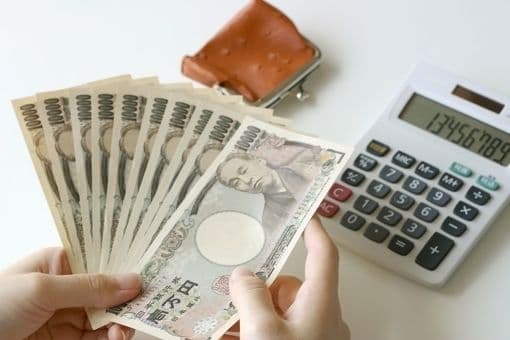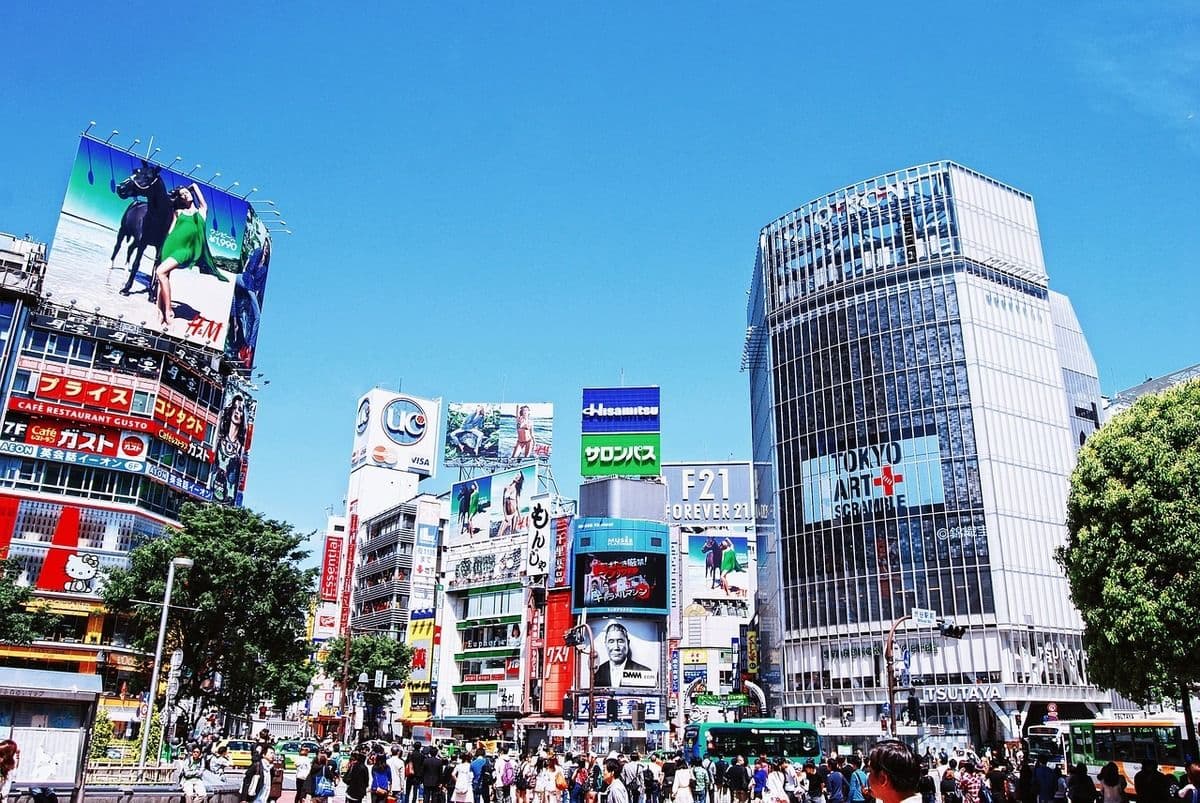
I have always been fascinated by the world of real estate. I am a true believer that if real estate is purchased with common sense, it will be a good investment in the very long term. It looks easy, right?
However, acquiring "common sense" in real estate is a process that can take several years to achieve. One just never stops learning. From macro economic factors to specific issues regarding neighborhoods, there are just too many variables influencing the value of houses!
That's why, when I came to Tokyo to work a few years ago, I decided to acquire the common sense required to buy a property as soon as possible.
I was not that much into renting, as monthly rents can be more expensive than mortgage payments in Tokyo. I was paying nearly 200,000 yen per month for an apartment with 2 rooms in central Tokyo before I bought my house. Now I pay much less in mortgage payments on a bigger house. The reason is that interest rates are extremely low in Japan. And if you borrow money for your personal house, you may get back some of the interest you paid at the end of the year!
Surely, by buying a house you take a risk in the sense that the value of your house may depreciate over time. But if you choose the right location and buy using common sense, you could minimize your depreciation rate.
Keeping this in mind, it took me two years and dozens of visits to model rooms, banks, and real estate agents but finally I was able to purchase my own home in 2016! I will never forget the day I got my set of keys to my new home, my first evening at my own home, or the first time I used my kitchen! However, when I look back, the part that I probably enjoyed the most was the actual process of purchasing real estate in Tokyo. It was a challenging yet fun process! Below is my journey to home ownership:
 1) Focus on what matters the most for you
1) Focus on what matters the most for you
When I started my journey, I knew almost nothing about Tokyo real estate. Therefore, I decided to start my journey by focusing on the things I knew. At this stage, you should be asking yourself these questions: what do I personally value the most when it comes to real estate?
Will I target a new or old house? Will it be near a major station or close to the suburbs? Size? Big balcony? Make a list of criteria that matter to you and use it as a starting point. In my case, I defined my dream house as a new apartment, not too far away from Tokyo station, bigger than 60 square meters but smaller than 100 meters, and with a big balcony!
2) Budgeting
Defining the dream is important. However, dreams are just dreams. We need a dose of realism! That's why, as soon as you have finished defining your dream house, I recommend focusing on budgeting. You probably won't be able to have all the features you initially planned or dreamed for.
However, by thinking about real estate within a "budget" context you will force yourself to prioritize the things you matter the most. The rough rule in Japan is that if you do not have permanent residence you may need to prepare 20% of the value of the house in cash. I prefer to work with a 25% figure to include extra costs such as legal fees and insurance.
Also, usually the amount you can borrow from a major bank is likely going to be 6 or 7 times your annual income. That should give you a rough idea of available budget.
3) Location, Location, Location!
Remember the first step? It's great to design your own set of priorities when buying a house. However, you should also make sure to pay importance to perhaps the most important criteria when valuing property. Location should be at the top of your priority list. These are my tips when it comes to location:
- Make sure to research the demographic trend of the ward you are interested in.
- Try to minimize the distance between the closest station and your house. Anything further than 20 minutes walk from the closest station should be avoided.
- Do research about the neighborhood. Check social platforms and blogs for up to date information about safety of the neighborhood. Sites like https://www.mansion-note.com/ provide reviews about various neighborhoods. Use them.
In my case I chose Chuo ward. It has great demographics. There’s population growth, one of the fastest rates within Tokyo. It is also near from Tokyo station. Not too many office buildings, yet not completely residential. Clean and pretty. And plenty of nice restaurants!
4) Choosing a reliable agent
Around this stage, it makes sense to visit a real estate agency and show them your list of priorities as well as your budget. If you want to buy a used house, agencies like Livable can help you with the whole process. Usually they charge a 3% commission for their services. There may be some smaller real estate agencies that charge 2% and specialize in a particular ward.
Use Google to find them. If you want to buy a new house, most likely you will have to deal directly with the sales departments of the major construction companies in Japan.
5) Check the house!
In my case, since I was buying a new house, I checked a "model room" as the house itself was under construction. Do note, however, that model rooms usually have extra features ("options") that may not be included in the house. Be sure to ask what these are.
Another thing to keep in mind is that the model room is usually in a different place than the house itself. It is also very important to check the location of the construction. Walk the way from the station to the construction venue. Experience the neighborhood. See how convenient it is to live in that area. Double-check the distance from the station to the construction venue.
If you are buying a used house, you will have the advantage of checking the house inside, including rooms. For used houses, be sure to use services like http://www.ieshil.com, which provide estimates of value.
6) Funding
It's not just choosing the right house. It's also important to choose the right loan. In Japan, mortgage loans usually have very low interest rates. However, it is important to check not only rates. Basically, there are two main products in Japan: the "fixed interest type" and the "variable interest type". The "fixed type" usually fixes your interest rate for the first 10 years.
On the other hand, if you go for a "variable type" your interest rate could change every year or every six months. You can also choose the amount of time you will be borrowing from the bank, although most products have 30 or 35 years set as period by default.
In my case, I chose Sumitomo Bank. I like their service. I decided to go for a "variable type" as personally I do not think interest rates in Japan will pick up considerably for the next 20 or 30 years.
One thing to keep in mind is that there will be some costs associated to funding that are beyond rates. To begin with, there will be some administrative fees. However, perhaps the most important cost to keep in mind will be warranty fees ("Hoshoryo").
Usually, you have the option of paying these fees in cash and at once, or you can add them to the mortgage value and pay every month. I chose to pay every month.
7) Apply!
Once you have a funding plan in motion and after checking the house and the neighborhood several times, it's time to apply! You can do this through the real estate agent or salesperson. In my case, because I got a new house, I dealt with a sales person. But if you aim for a used house, you can apply through your real estate agent.
Be sure to specify how you plan to pay for the house, whether it will be paid fully in cash or with mortgage. You should also give a desired date for signing the contract in case your application is successful.
Keep in mind you also need to sign a contract with the bank if you are buying with mortgage. And ideally you would like to sign the contract with the bank before signing the contract to buy the house.
Therefore, when applying, I recommend giving a timeline that includes at least 4 weeks between application date and the date for signing the contract to buy the real estate, so you can deal with the bank in between.
9) Signing the deal
Eventually, the date to sign the contract will come. This will take some time s before signing the contract you will need to hear the so called “explanation of important matters” in Japanese. In my case it took three hours.
You will be explained all the important features of the house you are about to buy. After this is done, you will sign the deal. In my case, I also paid a percentage of the value in cash to the company on the contract day. The bank latter directly deposited the remaining value to the company. You may not need to do this if you are buying the house entirely with bank money.
Conclusion

This was my journey to buy a house in Tokyo. It is a fun process and you get to learn a lot about the unique features of Japan’s real estate market. Be sure to do due diligence, compare real estate agents, and get a sound funding plan. Good luck!
If you have any questions or would like to arrange a viewing, please feel free to contact us!
- Guide to the Main Events in Tokyo
- What do condominium owners need to know?
- Property Investment: How to Recruit Tenants to your Property
Explore about Japanese properties with our Guidebook
 In this Guidebook - from Sekai Property, you will have chance to know:
In this Guidebook - from Sekai Property, you will have chance to know:
- An overview about purchasing property in Japan
- Steps in purchasing property in detail with Property Flow, Costs and Taxes
- Example case
Let’s download it if you want to approach this big real estate market!







